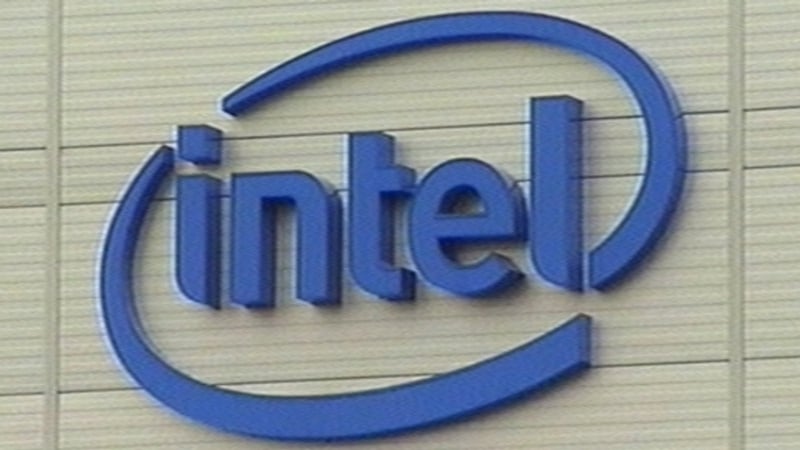US President Donald Trump said the US would take a 10% stake in Intel under a deal with the struggling chipmaker and is planning more such moves, the latest extraordinary intervention by the White House in corporate America.
The US agreed to purchase a 9.9% stake in Intel for $8.9 billion (€7.5 billion) at a price of $20.47 a share, which is a discount of about $4 per share from Intel’s closing share price of $24.80 yesterday.
The government will purchase the 433.3 million shares with funding from the $5.7 billion in unpaid CHIPS Act grants and $3.2 billion awarded to Intel for the Secure Enclave programme.
Intel shares dropped 1.2% in extended trading yesterday.
Mr Trump is set to meet with CEO Lip-Bu Tan shortly, a White House official said.

The development follows a meeting between Mr Tan and Mr Trump earlier this month that was sparked by Mr Trump’s demand for the Intel chief’s resignation over his ties to Chinese firms.
“He walked in wanting to keep his job and he ended up giving us $10 billion for the United States. So we picked up $10 billion,” Mr Trump said.
Commerce Secretary Howard Lutnick said on X that the deal had been completed.
“The United States of America now owns 10% of Intel,” he wrote, saying Mr Tan had struck a deal “that’s fair to Intel and fair to the American People.”
While Mr Trump did not provide detail on the $10 billion, the equity stake is about equal to the amount Intel is set to receive in CHIPS Act grants from the government to help fund the building of chip plants in the US.
The Intel investment would be the latest of several unusual deals with US companies, including the US government agreeing to allow AI chip giant Nvidia to sell its H20 chips to China in exchange for receiving 15% of those sales.
The Pentagon is also slated to become the largest shareholder in a small mining company to boost output of rare earth magnets and the US government negotiated for itself a “golden share” with certain veto rights as part of a deal to allow Nippon Steel to buy US Steel.
The US government’s broad intervention in corporate matters has worried critics who say Mr Trump’s actions create new categories of corporate risk.

Officials previously told Reuters the Trump administration wanted to convert $7.9 billion in cash grants approved by the administration of President Joe Biden for Intel to build chip plants in the United States to an equity stake in the company.
On Thursday, a White House official said the administration was not seeking equity stakes from companies like TSMC or Micron that have boosted their US investment plans.
SoftBank agreed to take a $2 billion stake in Intel on Monday.
Daniel Morgan, senior portfolio manager at Synovus Trust, said Intel’s problems are beyond a cash infusion from SoftBank or equity interest from the government.
“Without government support or another financially stronger partner, it will be difficult for Intel foundry units to raise enough capital to continue to build out more Fabs at a reasonable rate,” he said, adding that Intel “needs to catch up with TSMC from a technological perspective to attract business.”
Mr Lutnick said this week any stake would be non-voting, meaning it would not enable the US government to tell the company how to run its business.
Intel declined to comment.
Federal backing could give Intel more breathing room to revive its loss-making foundry business, analysts said, but it still suffers from a weak product road map and challenges in attracting customers to its new factories.
Mr Trump, who met with Mr Tan on 11 August, has taken an unprecedented approach to national security.
The US president has pushed for multi billion-dollar government tie-ups in semiconductors and rare earths, such as a pay-for-play deal with Nvidia and an arrangement with rare-earth producer MP Materials, to secure critical minerals.
Mr Tan, who took the top job at Intel in March, has been tasked to turn around the American chipmaking icon, which recorded an annual loss of $18.8 billion in 2024 – its first such loss since 1986.
The company’s last fiscal year of positive adjusted free cash flow was 2021.
Accreditation: Reuters




